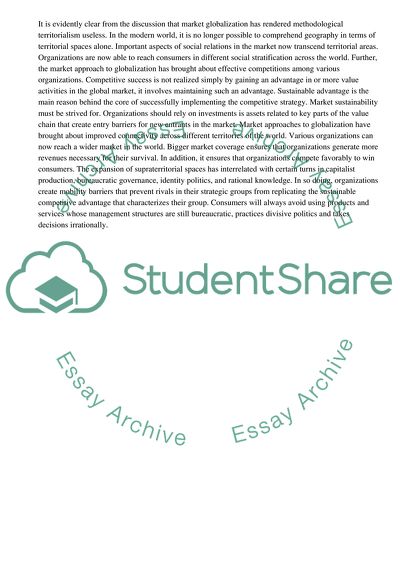Cite this document
(“Which Is More Convincing: Market Or Regulatory Approaches To Research Paper”, n.d.)
Which Is More Convincing: Market Or Regulatory Approaches To Research Paper. Retrieved from https://studentshare.org/business/1771500-1which-is-more-convincing-market-or-regulatory-approaches-to-globalization
Which Is More Convincing: Market Or Regulatory Approaches To Research Paper. Retrieved from https://studentshare.org/business/1771500-1which-is-more-convincing-market-or-regulatory-approaches-to-globalization
(Which Is More Convincing: Market Or Regulatory Approaches To Research Paper)
Which Is More Convincing: Market Or Regulatory Approaches To Research Paper. https://studentshare.org/business/1771500-1which-is-more-convincing-market-or-regulatory-approaches-to-globalization.
Which Is More Convincing: Market Or Regulatory Approaches To Research Paper. https://studentshare.org/business/1771500-1which-is-more-convincing-market-or-regulatory-approaches-to-globalization.
“Which Is More Convincing: Market Or Regulatory Approaches To Research Paper”, n.d. https://studentshare.org/business/1771500-1which-is-more-convincing-market-or-regulatory-approaches-to-globalization.


